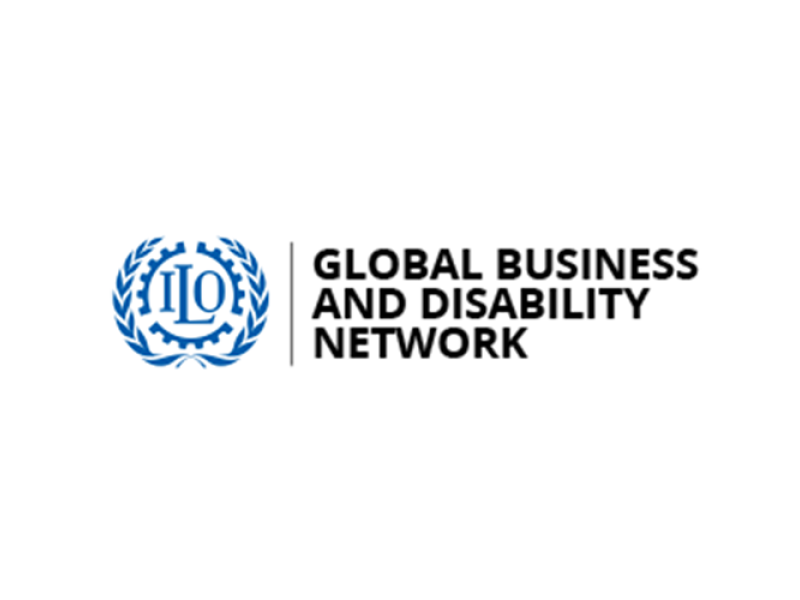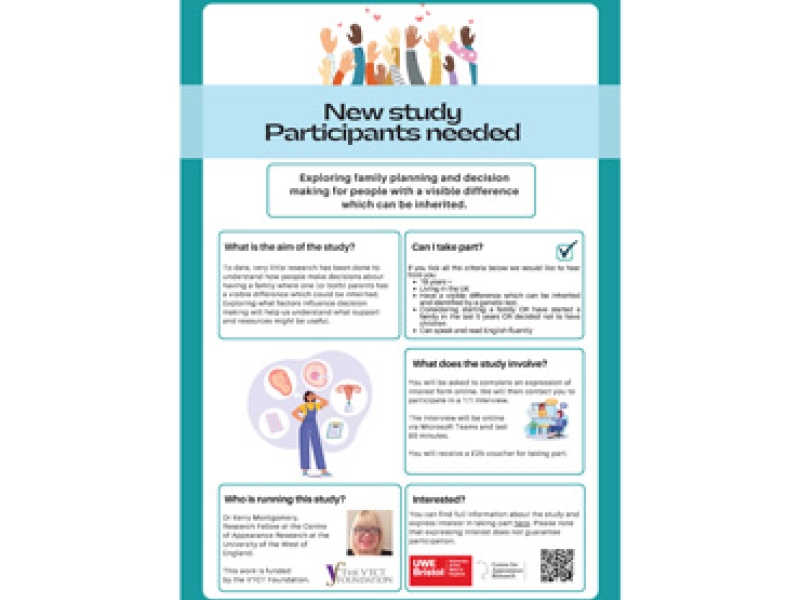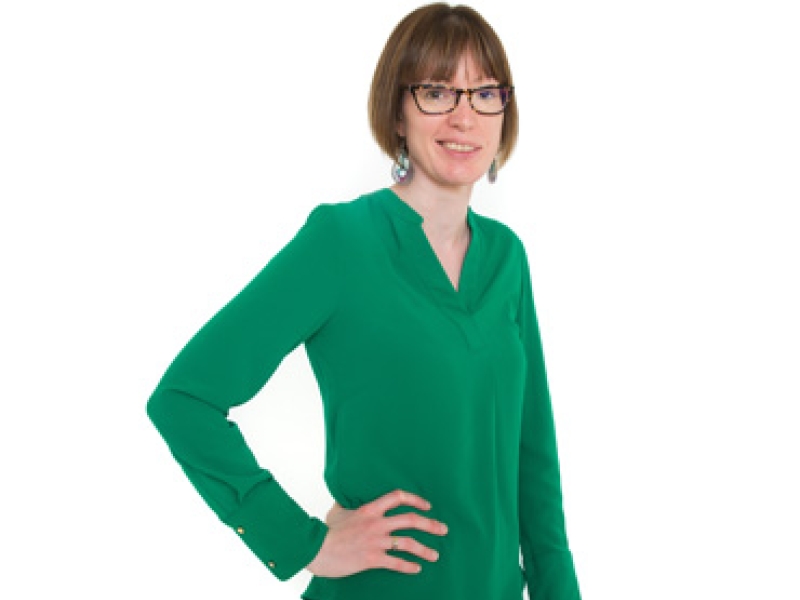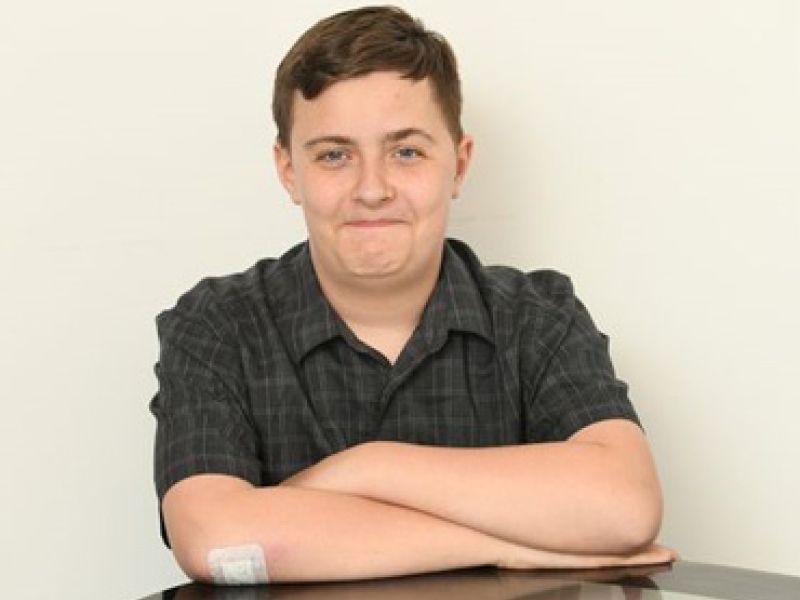Making the Future of Work inclusive of persons with disability
27 November 2019
Making the Future of Work inclusive of persons with disability
As a member of Face Equality International we are sharing James Partridge's presentation at a recent conference in Geneva raising disability issues in the workplace for those that are affected with facial differences.
Facial disfigurement: a neglected global human rights issue
Exploring the origins of the campaign for ‘face equality’ (like race equality) and its implications for businesses, schools, governments, the media and public opinion.
There are many reasons why people have facial differences or disfigurements — from congenital causes (e.g.: cleft lip and palates, neurofibromatosis, birthmarks), trauma (e.g.: burns, acid violence, scarring from accidents), facial and skin cancer, skin conditions (e.g.: psoriasis, vitiligo, acne), eye problems and facial paralysis (e.g.: Bell’s palsy and stroke). Disfigurement can affect people at any age, from any ethnic or socio-economic group. It is estimated that 1 in 111 people have a psychological and social significant facial disfigurement. People with disfigurements wherever they live in the world face many challenges and injustices to living confident, successful lives in the 21st century. Many report (and academic studies bear this out) feeling isolated and friendless, facing teasing, ridicule and staring in public, low expectations in school, problems getting work, discrimination in the workplace, abuse on social media and stereotyping in the media just because of the way they look. In many countries, disfigurement goes hand in hand with poverty, prejudice and exclusion.


The stigma of disfigurement is rooted in three totally false but deeply conditioned and unconscious beliefs which impinge on a person’s self-worth which suggest that: facial ‘good looks’ are vital for success in life; without them, failure is sadly inevitable modern medicine/surgery can remove disfigurements completely disfigurement is associated with meanness, lack of intelligence, immorality and evil. All too often, the stigma is self-imposed too with low expectations of success and a lack of aspiration leading to a resignation that this is how things will always be, and consequently unfairness and discrimination go unchallenged. And worse, people report that authorities who should stand up to prejudice (e.g.: schools) fail to do so even when alerted to it. The campaign for ‘face equality’ was launched in May 2008 by the UK charity/NGO, Changing Faces and is being internationalised through Face Equality International. Its aim is to create a world in which people who have disfigurements to their face from any cause are accepted and valued as equal citizens, free of prejudice, low expectations and stigma.
The campaign calls on individuals to spread the word, to stand out and to support face equality education systems to train all teaching staff to develop inclusive school cultures
employers to recruit and serve people with disfigurements without prejudice the media, advertisers and the film industry to positively promote facial diversity and actively avoid language and imagery that create prejudice politicians and policymakers to ensure that facial prejudice and discrimination are effectively outlawed by improving legal protection and promoting best practice.
For further information on the conference itself please have a look at the following campaign and their website
Filter News
_370x280_800_600_s_c1.jpg)
Oxford’s John Radcliffe Hospital celebrate NF2 Awareness Day
We set out to promote and educate people about NF2 & the service offered in Oxford & Southwest Region for patients
Read More
Care Quality Commission survey
Take part - if you are from an ethnic minority, have a long term physical condition & live in selected SW London boroughs
Read More
CAR research family planning decision making
This CAR UWE research explores family planning & decision making for people with a visible difference which can be inherited
Read More_skyline_370x280_800_600_s_c1.jpg)
Shine A Light 2024
The Shine A Light 2024 campaign had 133 buildings around the UK & the Republic of Ireland lit up in blue!
Read More
Guidance on sudden hearing loss in NF2-related Schwannomatosis (NF2-SWN)
Symptoms, diagnosis & treatment of sudden hearing loss, from Juliette Buttimore, Nurse Practitioner NF2 Service Addenbrooke's
Read More
NF2 Day 2024 by Emily Owen
A reflective poem for World NF2 Day, to celebrate people living with NF2
Read More
Connor’s NF2 story
Connor's mum Tracy's maternal instincts proved invaluable when fighting to get Connor's symptoms investigated
Read More
Jo’s Shine A Light Family Fun Day
The family fundraiser was supported by Dr Shruti Garg, member of the Nerve Tumours UK Medical Advisory Board
Read More

_370x280_800_600_s_c1.jpg)
